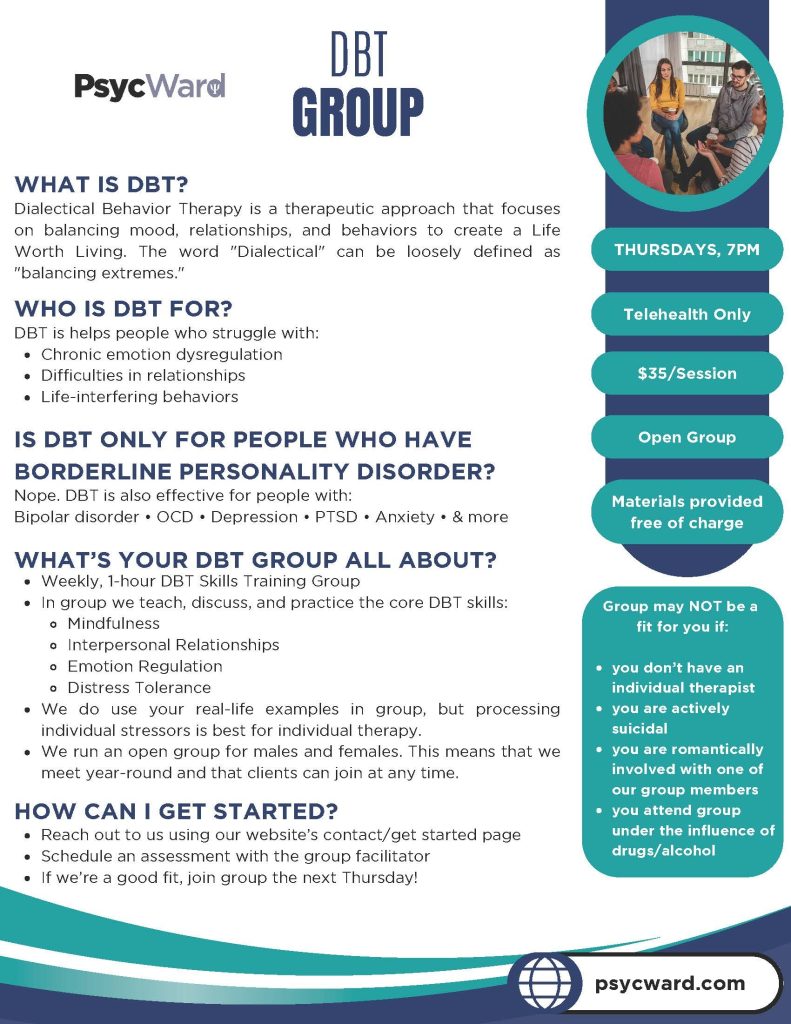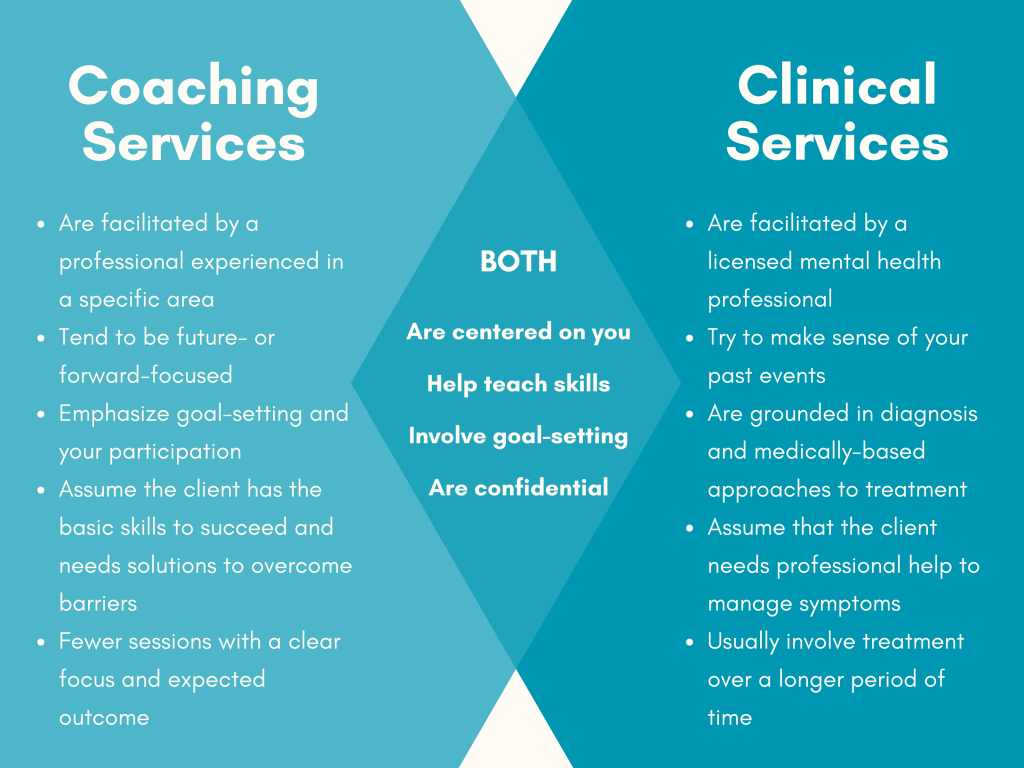By Michael Lucas, MA, MS
My daughter left home in 2014 and moved across the country from Illinois to California. I was excited for her as she embarked on this new adventure, but I was also quite sad, and I knew this would mean I would have to adjust to her absence. I worried about her, too, as I thought about myself at her age and just how hard it might be to move somewhere so far from my old friends and family. I remembered learning about empty nest syndrome during my undergraduate studies, but I did not realize I would soon find out just what it felt like.
Empty nest syndrome is defined by the distress and complex emotions parents may experience when their children leave home. Although it is not a clinical mental health disorder (e.g., one that meets the criteria for a formal diagnosis), empty nest syndrome can be just as challenging as other challenges like major depression, anxiety, or adjustment disorder. And, for some individuals, it can be the catalyst for more serious clinical issues to appear. If you or anyone you know is experiencing the following symptoms after their children have left the home, consider empty nest syndrome as a possible cause, and talk to them about seeing a professional.
Symptoms
Sadness: missing your child is a normal feeling associated with their absence. The silence in your home can be unsettling. It can force you to face the fact that life is suddenly different. You will likely feel a sense of loss and grief as you reflect on all the responsibilities you once had that have now ended rather abruptly.
Anxiety: new fears can be unleashed as your child learns to become independent and no longer needs you to help them make decisions. You no longer have the daily check-ins with your child and might begin to wonder if they are taking care of themselves. This anxiety can result in a parent attempting to control things that are out of their control, causing serious anxiety and frustration for both the parent and the child.
Existential doubt: for many parents, a substantial part of their identity is made up of the role of being a parent. When the child leaves the home, the parenting role changes significantly. Some parents feel like they are no longer needed in the same way they once were, which can create doubts and confusion about the purpose and meaning of life after their children leave the home.
Relationship issues: once the children leave the home, many parents are faced with having more time to spend with their partners. Any problems that were not addressed when the children were still at home might now become more obvious. This time can be quite challenging for the parents as they reconnect with changing priorities. Having adequate social support promotes happiness and good health. Pets can also be great friends and help alleviate depression, anxiety, and loneliness associated with empty nesting.
It may be obvious to most people that this time in a parent’s life can be extremely challenging. However, it is equally a time when parents can begin to focus on the things they had to put off while they were busy raising children. The overwhelming daily responsibilities of raising a child are gone in an instant. It was striking to me how much free time I had when my daughter left home. I decided to fill all my free time with going back to school to get a master’s degree and a license in mental health counseling. I also started my own home recording studio and learned how to record and mix music. Fortunately, my partner and I did not experience any challenges as a couple as we have always made our relationship a priority and we enjoyed the newfound freedom from the day-to-day responsibilities of raising a child.
Coping Strategies
Stay in touch: staying in touch is easier than ever with technological advances like video calls and text. Find what works for you and your child to have regular check-ins. You may decide on weekly or monthly video calls, but do not overdo it. It is important to allow your child to become an independent adult. Resist the desire to interfere with that process.
Focus on yourself: you will probably be surprised how much free time you have and may experience boredom for the first time in a long time. Find new hobbies or resurrect old ones. You will now have time to exercise, explore new foods, and travel.
Nurture your friendships: many of your adult friends may also be empty nesters. With your newfound freedom, spend time socializing with friends and family and nurture your relationship
Mild, transient feelings of sadness or loneliness after your children leave the home are perfectly normal. The experience of having your child leave the home can be bittersweet. You may be surprised how easy the adjustment is, or you may struggle more than you expected.
So, how do you know when it is necessary to get professional support for empty nest syndrome? If your distress is ongoing and it disrupts your daily routines, you are not motivated to do basic self-care, you experience increased conflict with your marital partner, and you feel like life is meaningless, professional help from a licensed mental health professional is warranted.








